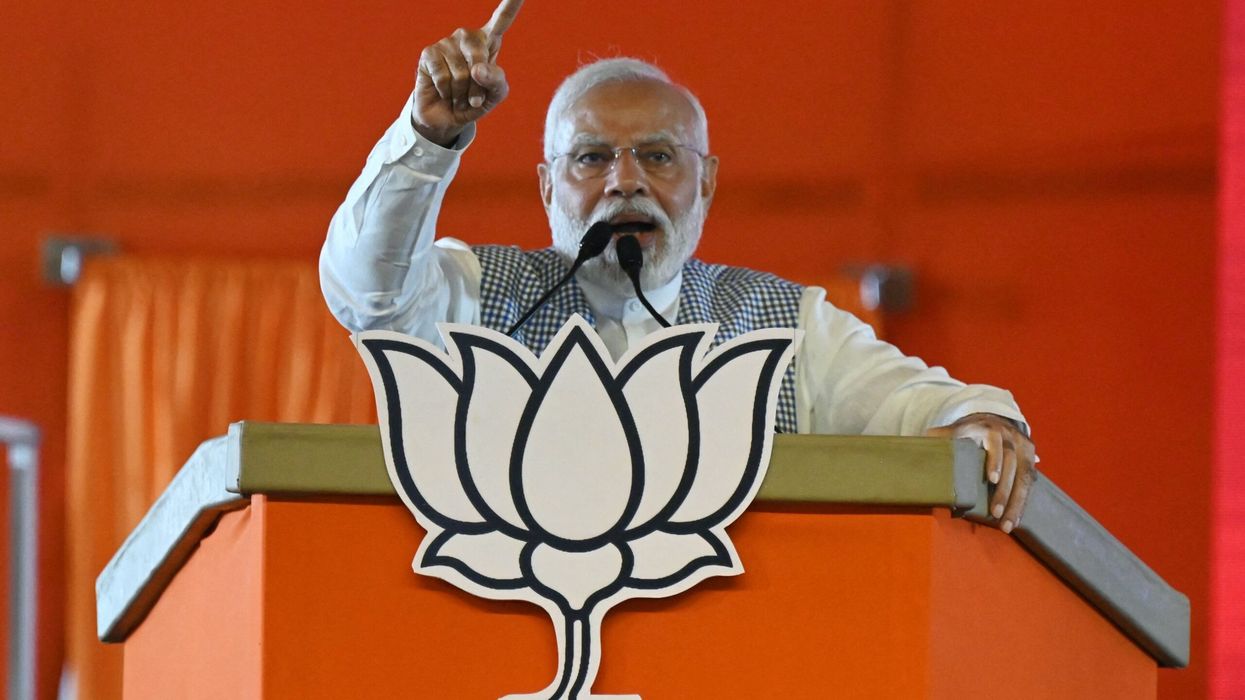Prime minister Narendra Modi on Monday said that a recent Indian top court ruling eliminating a controversial political funding mechanism could drive party donations underground into "black money," or illicit finance streams.
The Supreme Court of India ruled in February that "electoral bonds" — a system introduced seven years ago allowing anonymous, unlimited donations from individuals and corporations to political parties — were unconstitutional.
While Modi emphasised that there were no accusations of misconduct regarding the electoral bonds, opposition parties have criticised the Modi-led Bharatiya Janata Party (BJP), claiming it used its influence to secure funds coercively.
Speaking in detail for the first time about the court's decision just as India is poised to start voting in a general election, Modi responded to critics by saying that funding had also flowed to opposition parties and that the now-defunct system had been an improvement in terms of transparency. He said, however, that there was always scope to refine policies.
"We learn and improve in decision-making. It is very possible to improve in this too. But today we have completely pushed the country towards black money," Modi told the ANI news agency.
"And that is why I say everyone will regret it. When they will think honestly, everyone will regret it."
According to data mandated for release by the Supreme Court in March, the BJP emerged as the primary beneficiary of this funding model, receiving half of the total electoral bonds sold, amounting to 165 billion rupees (£1.6 billion) from January 2018 through February 2024.
Furthermore, Modi dismissed suggestions that his party manipulates government agencies like the Enforcement Directorate (ED), India's financial crime watchdog, to harass political opponents. He highlighted that a small fraction of ED's cases involve political figures.
"The country should understand that political leaders are involved in only 3% of the ED cases and 97% of cases are registered against those who do not belong to politics," he explained. "Shouldn't we let the ED work independently when it is supposed to do so?"
(Reuters)





